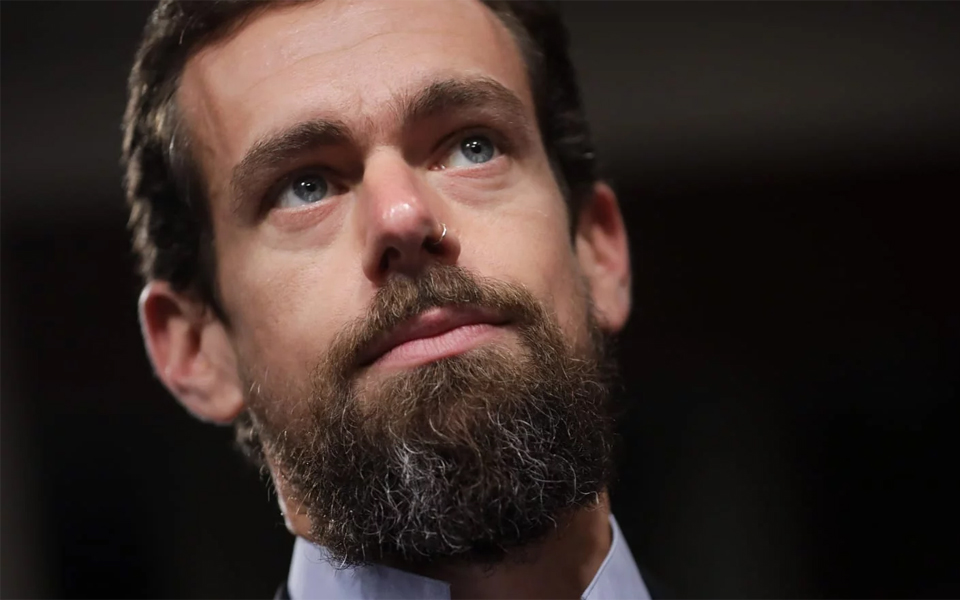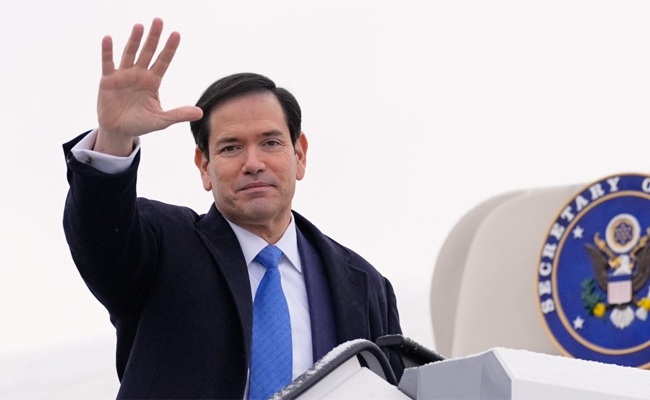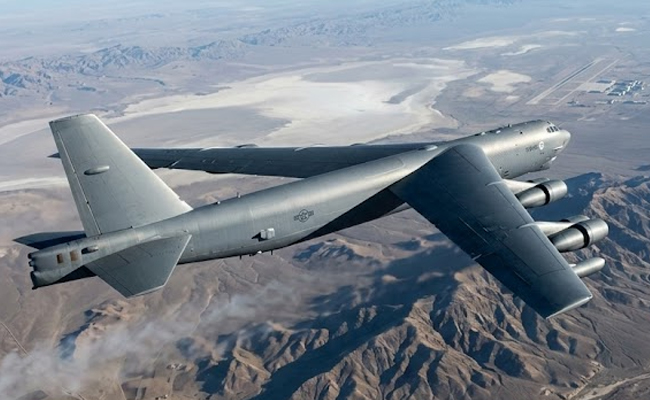San Francisco, Aug 31: Twitter said Friday the account of chief executive Jack Dorsey had been "compromised" after a series of erratic and offensive messages were posted.
The tweets containing racial slurs and suggestions about a bomb showed up around 2000 GMT on the @jack account of the founder of the short messaging service before being deleted.
Some of the tweets contained the hashtag #ChucklingSquad which was believed to indicate the identity of the hacker group.
The messages contained racial epithets, and included a retweet of a message supporting Nazi Germany.
"We're aware that @jack was compromised and investigating what happened," a Twitter spokesperson said.
A barrage of comments fired off on the platform questioned why the Twitter co-founder didn't secure his account with two-factor authentication, and how disturbing a sign it was that the service wasn't to keep its own chief safe on the platform.
"If you can't protect Jack, you can't protect... jack," one Twitter user quipped.
The news comes with Dorsey and Twitter moving aggressively to clean up offensive and inappropriate content as part of a focus on "safety." "This might be the only way to get rid of racist tweets on this platform," a Twitter user commented.
Twitter recently announced they would meet with Manchester United representatives regarding calls for more to be done in preventing racist abuse of footballers on social media platforms.
British-based security consultant Graham Cluley said the incident highlighted the importance of two-factor authentication, where a user must confirm the account via an external service.
"Everyone should ensure they have 2FA enabled, use unique password, and double check what apps they've linked to their accounts," Cluley tweeted.
"Hard to say at moment how he was compromised, but one of those reasons most likely."
Cybersecurity researcher Kevin Beaumont said the account appeared to have been hijacked "via a third party called Cloudhopper, which Twitter acquired about 10 years ago and had access to his account." Cloudhopper enables users to send tweets on their phones via SMS.
The incident raised fresh concerns about how social media users -- even prominent ones -- can have their accounts compromised and used for misinformation, a point highlighted by Canadian member of parliament Michelle Rempel Garner.
"Between bots, trolls and abuse, I've been skeptical about @Twitter as a viable platform for some time now," Rempel Garner wrote.
"But the fact it took the platform's owner (@jack) about 30 min to get his hacked account under control is deeply problematic, and makes me worry as an elected official."
Let the Truth be known. If you read VB and like VB, please be a VB Supporter and Help us deliver the Truth to one and all.
Colombo (AP): A top Sri Lankan official says 32 people have been rescued from a sinking Iranian naval ship off Sri Lanka's southern coast and have been admitted to a hospital.
Dr Anil Jasinghe, a top health ministry official, says one of them is in critical condition, seven are receiving emergency treatment, and others are treated for minor injuries.
Foreign Minister Vijitha Herath told Parliament that Sri Lanka's navy received information that the ship Iris Dena with 180 on board was in distress, and that the island nation sent ships and air force planes on a rescue mission.
There were no immediate details as to how the sailors were wounded and how the ship was damaged.





